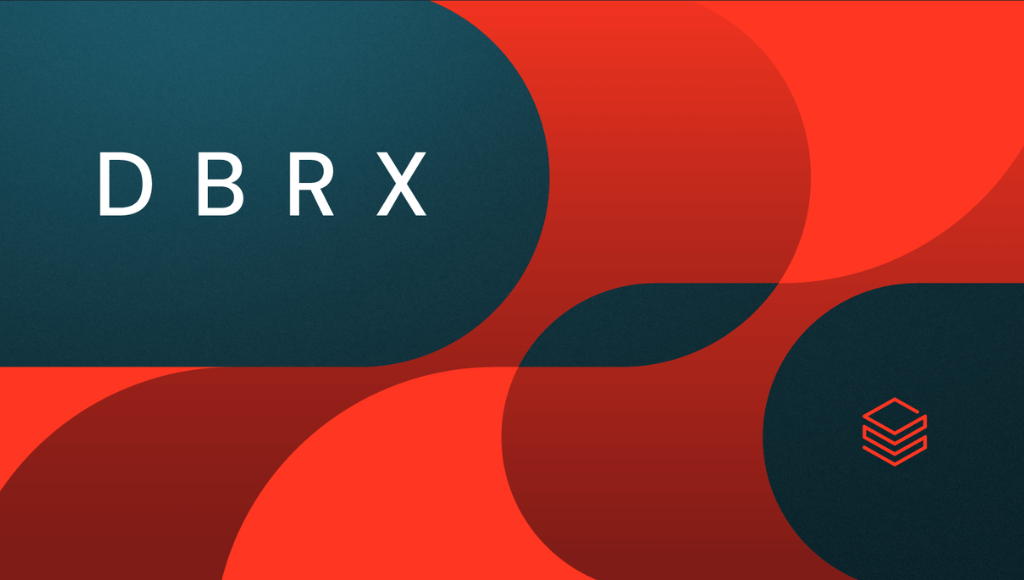Google’s ChatGPT competitor, Bard, is now available to a wider audience, including the European Union (EU) and users in over 40 languages. The launch was initially delayed due to concerns over data privacy. Bard comes with several new features, although some are currently only available in English.
Google introduced Bard as a response to the growing success of ChatGPT, developed by OpenAI, a company supported by Google’s rival, Microsoft. While Bard was initially accessible for early access in the United States and the United Kingdom in English, it expanded globally in May to 180 countries with support for Japanese and Korean. However, the EU launch was postponed after the Irish Data Protection Commission (DPC) raised privacy concerns. Google has now addressed these concerns and launched Bard in the EU.
New Features and Improved Performance Accompany Bard’s Wider Rollout
According to Bard’s product lead, Jack Krawczyk, and VP of engineering, Amarnag Subramanya, Google actively engaged with experts, policymakers, and privacy regulators during the expansion process. This launch is considered Google’s largest expansion to date, offering support for Arabic, Spanish, Chinese, German, and Hindi. Additionally, Bard is now available in Brazil.
Alongside the expansion, Bard introduces new features focused on enhancing its responses and productivity. Users can now adjust the tone and style of Bard’s responses with options like “simple,” “long,” “short,” “professional,” or “casual.” The text-to-speech AI feature allows Bard to vocalize its responses in over 40 languages, accessible through a sound icon next to the prompt. For productivity, Bard can export Python code to Replit, a browser-based integrated development environment. Users can also include images in prompts for analysis, pin, rename, and resume recent conversations, and easily share Bard’s responses through links.
Google faced challenges with Bard initially, as it struggled to match the quality of responses from ChatGPT and even provided factually incorrect answers with fabricated citations. This led to criticism from Google employees and a drop in the company’s stock. However, Google claims that Bard has improved, particularly in areas like math and programming. It has gained extensions from Google’s apps and services, as well as third-party partners like Adobe. Bard can now explain code, structure data in tables, and include images in its responses.
However, recent reports from Bloomberg highlighted that the contractors who train Bard are often overworked and underpaid, receiving minimal training and rushed to complete complex audits. This follows an earlier report by Insider, which revealed insufficient time given to verify Bard’s most accurate answers. It appears that these issues have not been addressed adequately.






